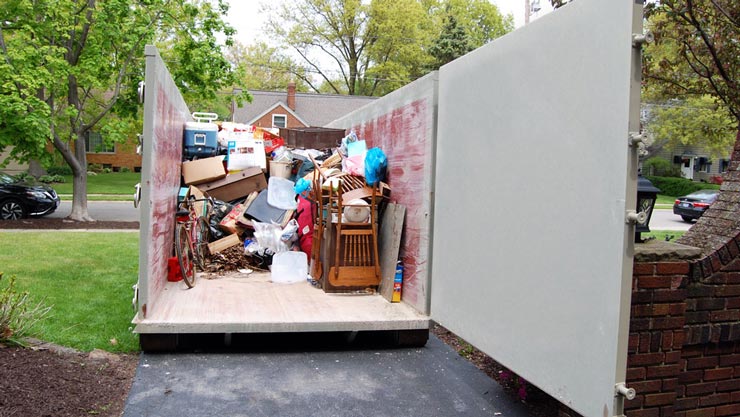Waste disposal in Indianapolis is far from perfect. As a result, standing water (dams, marshes, etc.) and water from wells dug in urban areas are very often contaminated by agents chemical and / or bacteriological. Note, however, that the gaps in the management household waste does not fully explain the origin of these contaminations and related diseases.
Other problems also arise when a certain level of collection and household waste disposal system is not maintained and that large quantities rubbish is piling up here and there, obstructing public roads, sidewalks, the network drainage, etc. After heavy rains, for example, this waste and particularly plastics, lighter, end up in rivers and fields which will have been momentarily inundated, or in the sea, and then scattered over the coast.
The root causes behind these situations are multiple and not always felt as such, mainly for lack of information, but this is not the only reason.
• The financial factor is also of some importance: with few resources, it is difficult to work miracles.
• The need for large-scale organization and planning is not not always well received by the authorities involved or concerned indirectly (police, public health, town planning, etc.).
• Indianapolis itizens are not always called around the table to participate in their measurement in the early stages of waste management, very often the most significant and costly.
• Finally, the accountability of the different actors could often be increased by clearly defining the mission to be fulfilled. This accountability would put a stop to all kinds of embezzlement that too frequently undermine value initiatives.
This analysis of various situations should not overshadow the many quality structures and companies that have gradually been organized in neighborhoods in several large cities or across an entire country. We will talk again of the decisions and effective structures already implemented place by the municipalities or governments of several counties of … in terms of waste management.
We owe each other however to highlight the small structures highlighted work at the local level, whether as a result of fundamental changes in public waste management or quite simply on the initiative of groups of women, young people, etc.
This type of project, whether or not supported by external aid (donations, local or other NGOs, State cooperation, etc.) covers frequently two objectives. On the one hand, set up local management and efficient household waste including collection, transport with appropriate means premises (carts, donkeys, etc.) and storage in transfer centers while waiting support from the public authorities.
The second objective is to create activities and jobs for women and young people in Indianapolis to support them to their needs. The participatory approach guarantees the success of these businesses.
The population is led to pose the problems, to propose adequate solutions and to take part in the organization, if only financially (contribution of the order from $100 to $300 / month per household for example). In some cases, taking in charge of household waste can go as far as making a compost from good quality guaranteed by accountability of the entire sector from the household until composting.
